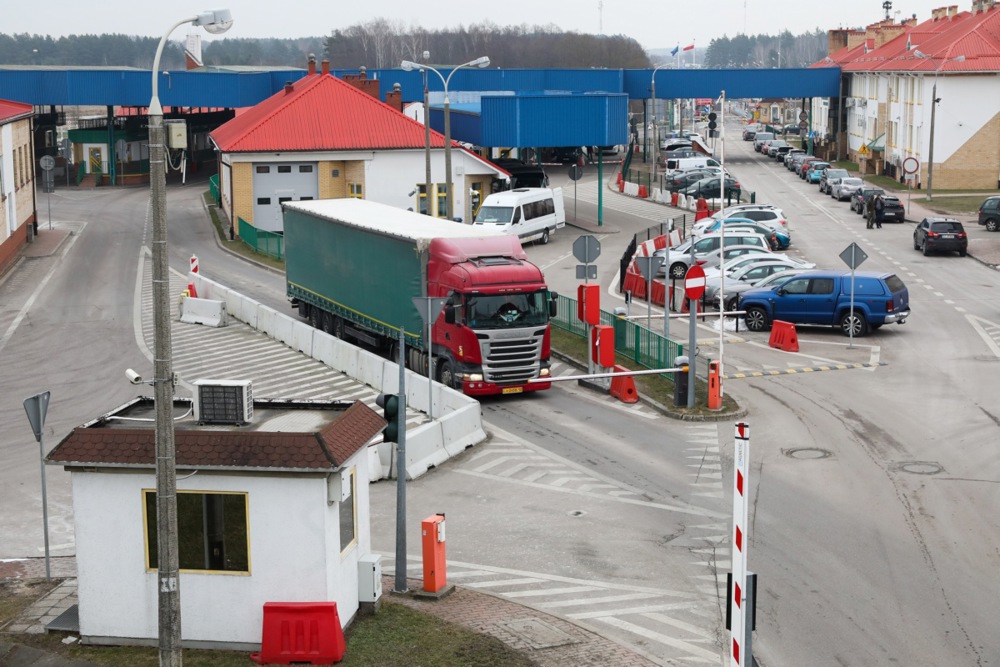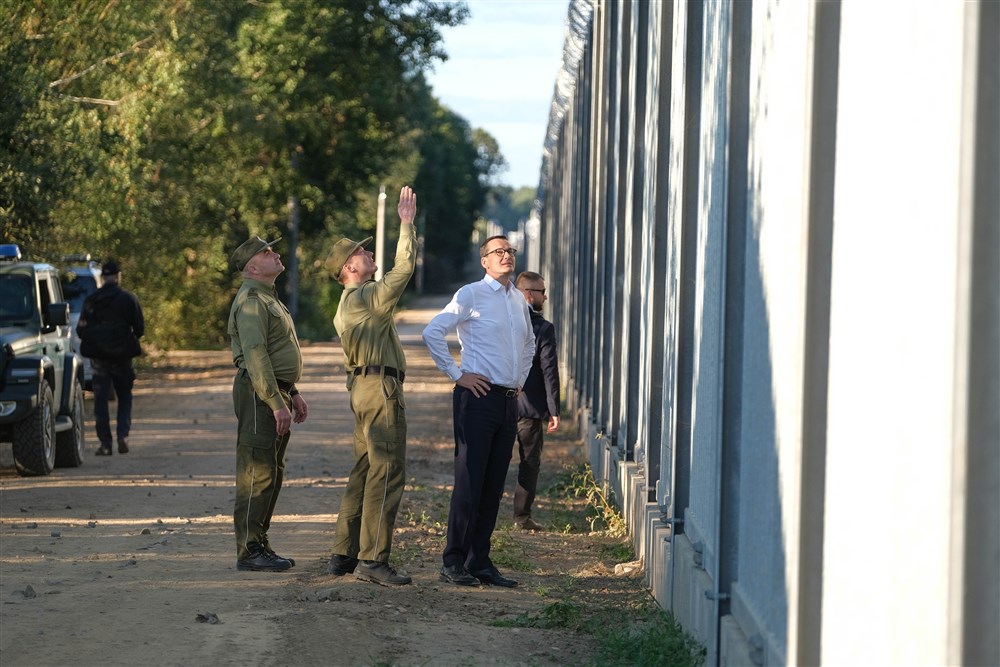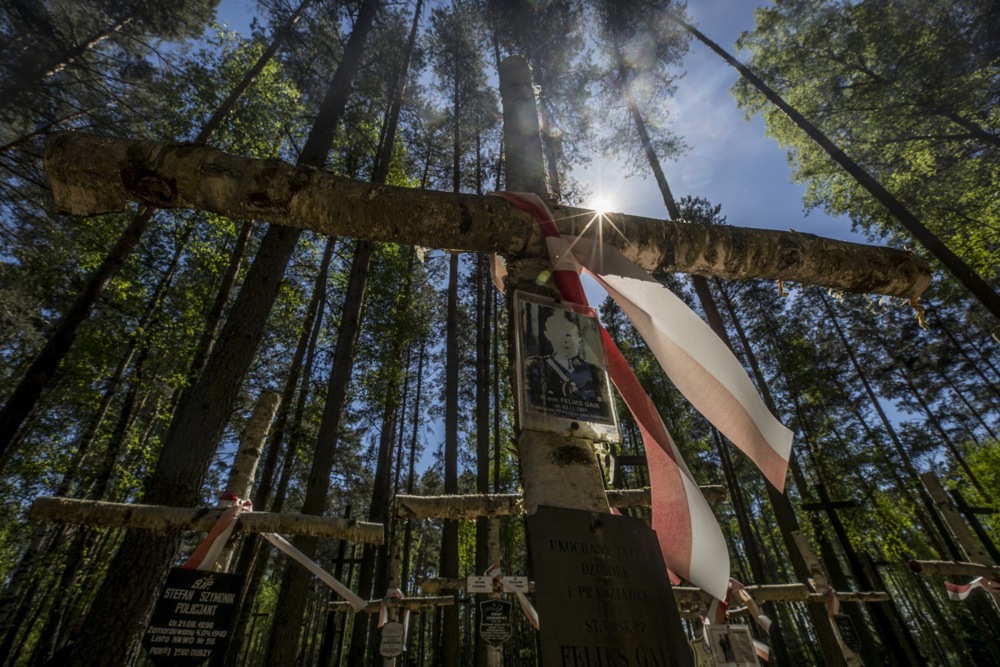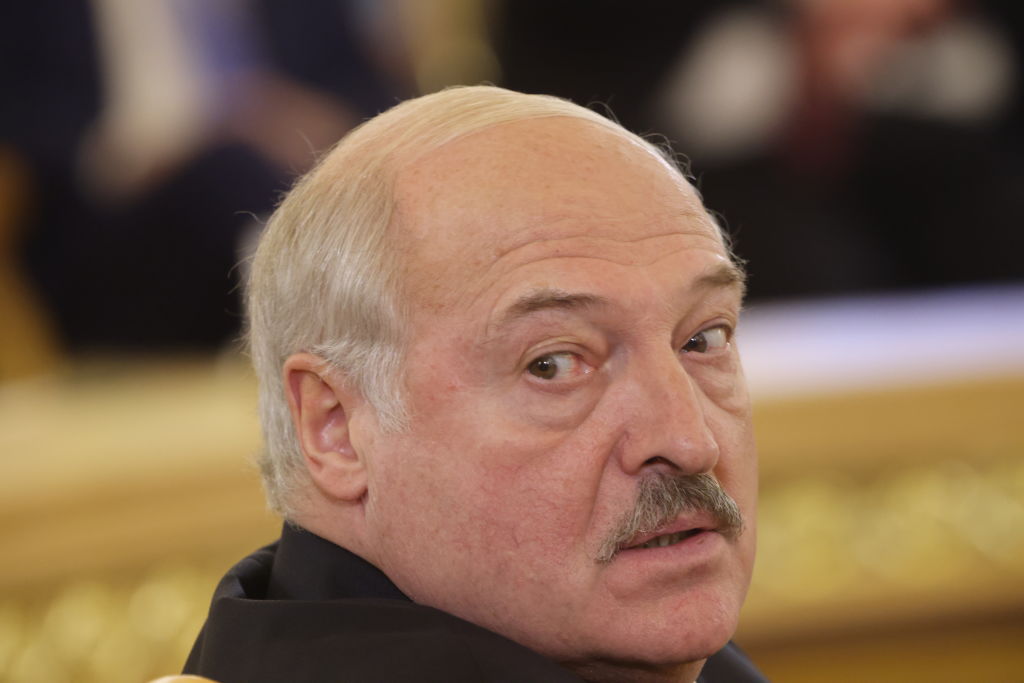Poland’s defence minister Mariusz Błaszczak says his country is moving significant troop numbers to the border with Belarus.
Four thousand soldiers have been tasked with assisting Poland’s Border Guards and another 6,000 are to be kept in reserve nearby.
On Polish public radio on August 10, Błaszczak accused Belarusian authorities of encouraging EU-bound migrants to damage border fortifications and of organising illegal-migrant trafficking across the frontier.
The decision to boost troop numbers is designed to “deter potential aggressors from launching any attack”, he said.
He admitted that the Polish Government was reacting to the two Belarusian helicopters that entered Polish airspace last week. “We cannot ignore actions such as incursions into our airspace because of the aggressive attitude displayed by the Belarusian authorities,” he said.
Błaszczak claimed: “Everything that is happening in Belarus is coordinated with Russia,” including the reported presence of Russian-backed Wagner Group mercenaries in Belarus.
The fears regarding the mercenaries’ intentions could turn out to be exaggerated. On August 9, US think-tank the Institute for the Study of War (ISW) published claims apparently coming out of Moscow suggesting Wagner forces have started withdrawing from Belarus and are headed back to Russia.
Other reports indicated that Wagner fighters are still working with Belarusians on military exercises.
The migrant crisis, which Warsaw claims is “hybrid warfare”, started in the summer of 2021. Since then, Poland has erected physical and electronic barriers at the frontier to prevent migrants from entering.
Poland and Lithuania are also discussing the possible simultaneous closure of all border crossings in response to the “provocations”.
Most border crossings between Poland and Belarus have already been shut as part of the Polish response to alleged repression by the Belarusian authorities of representatives of the Polish national minority there, including the recent sentencing of Polish journalist and activist Andrzej Poczobut to eight years in a penal colony.
In a sign that Poland’s ruling Conservative PiS party intends to make this an election issue, Błaszczak criticised the opposition parties. Accusations the government was hyping the issue for electoral purposes, and criticism over its major purchases of military equipment, were “playing into the Kremlin’s hands”, he said.
There has been broad agreement between all parties in Poland on opposing Russian aggression in Ukraine.
Despite that, the Liberal PO opposition has been far more reluctant to support the PiS’ stance on border security; the PO initially opposed border fortifications and criticised the ruling party for allegedly forcing migrants back across the Belarus frontier.





